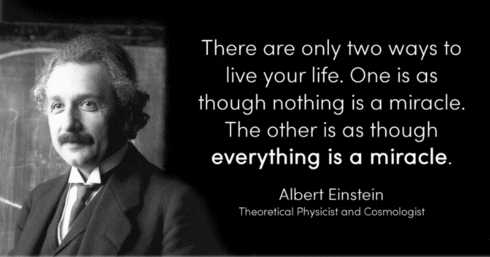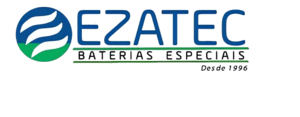Modular Multiport Power Converter Topologies for Electric Vehicle Charging Stations Advisor: Professor Dong-Choon Lee Presented as Ph.D. Thesis Graduate School of Yeungnam University by Ngoc Dat Dao August 2021 Department of Electrical Engineering Major in Control and Electric Machinery Power Conversion
ABSTRACT
The main objective of this thesis is to develop converter topologies with high efficiency and low cost for fast charging stations. Based on the investigation of different power conversion structures for fast charging stations, new topologies have been derived, which can offer additional benefits to EV fast charging stations.
Firstly, a novel isolated three-port DC/DC converter is proposed, which is based on a series resonant converter (SRC) and a dual active bridge (DAB) converter for electric-vehicle (EV) charging stations with fast and slow charging functions. With this three-port structure, the proposed converter has fewer components, which results in lower system cost and volume compared with separate charger systems. A simple control method using phase shift and frequency modulations was developed to control the output power of the fast and slow charging ports simultaneously. An optimal phase shift angle was also derived to minimize the transformer current for when only the DAB converter is operated for slow charging. To verify the converter operation, a 5-kW SiC-based prototype with a power density of 2.74-kW/dm3 was built and tested with an input voltage of 600-V. A high efficiency performance over a wide output voltage range has been achieved, and the peak efficiency is 98.2% at the rated conditions.
Secondly, a half-bridge bidirectional isolated matrix-based AC/DC converter is proposed for compact AC/DC power stages in fast charging stations. The converter can control not only the DC voltage or current, but also the power factor of the AC current with a single conversion stage, which helps to achieve a higher power density with a lower complexity. The converter operates with zero-voltage switching (ZVS) or zero-current switching (ZCS) in all switches. Hence, the switching frequency of the converter can be increased higher, leading to smaller passive components. Besides the simple circuit, the modulation scheme derived from time domain analyses is also easy to implement. The proposed topology has been verified by experimental results for a 2-kW SiC-based prototype. A high efficiency of 96.8 % was achieved at a full load condition. The current THD is lower than 4 % and the power density is 1.8-kW/dm3. Furthermore, an experiment for two modules has been carried out to demonstrate the feasible of the proposed converter for modular SST-based charging stations.
Finally, a novel semi-modular three-phase AC/DC structure is proposed for SST-based fast charging stations. The proposed system employs single-stage indirect matrix-based AC/DC converters. A single full-bridge rectifier is used for each phase of the medium voltage (MV) grid so that each AC/DC module does not need a voltage rectifier. As a result, the number of semiconductor devices in the proposed system is reduced significantly compared with other existing SST-based systems. A decentralized control scheme without high-speed communication has been developed to regulate the input and output currents while keeping the voltages of each module balance. A design of a 360-kW system has been carried out to evaluate the efficiency of the proposed system, which is 97.7 % at rated power. With delta connection in three-phase system, a third harmonic current can be injected to the phase currents to increase the output current and power by 15 %. Simulation results for a 360-kW 3.3-kV system are provided to verify the performance of the proposed system. Finally, a 3-kW hardware prototype has been built and tested to demonstrate the feasibility of the proposed system.
VIEW ORIGINAL LINK:

.gif)











Nenhum comentário:
Postar um comentário